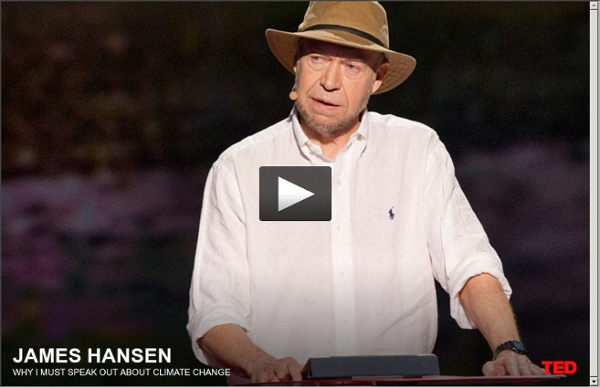James Hansen: Why I must speak out about climate change

Nick Hanauer on the TED talk, income inequality controversy
Kai Ryssdal: There was a story this week about income inequality and politics and the economy that got a decent amount of buzz. A guy named Nick Hanauer -- I should say a rich venture capitalist named Nick Hanauer -- gave a TED talk, those three- or four-minute big ideas talks that started as part of a conference called Technology, Entertainment and Design, TED. They're taped and a lot of them are posted online. But Hanauer's talk from a couple of months ago, about how the wealthy really aren't the engine of economic growth, went viral this week because it wasn't posted on the TED site. Chris Anderson, who runs TED, said it was too controversial politically. The two of them, Hanauer and Anderson, had it out. But we called Nick Hanauer anyway to ask why income inequality raises so many partisan hackles. Nick Hanauer: It's great to be with you. Ryssdal: So let's stipulate that wealth and poverty in this country, income and equality, has become partisan -- which it obviously has.
Peter Reinhart: The art of baking bread
Related:
Related:



